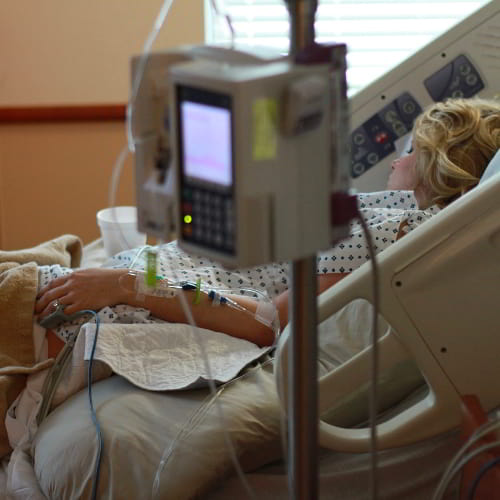Addressing Healthcare Access Disparities: Challenges and Solutions
Access to affordable and quality healthcare remains a critical issue worldwide. This article examines the interconnectedness between economic development, healthcare, and the alarming disparities in healthcare access and affordability. It also explores the shortage of trained healthcare professionals and the impact of the brain drain phenomenon. By shedding light on these challenges, we can work towards finding sustainable solutions for a more equitable healthcare system.
According to The Economist’s 2017 Global Access to Healthcare report, good population health is closely tied to economic development and wealth. However, despite the right to healthcare being guaranteed in law, it often remains inaccessible, especially in remote or underdeveloped regions. The World Health Organization’s study revealed that more than half of the world’s population lacks access to essential health services. This calls for urgent action to bridge the healthcare gap and ensure universal coverage.
Healthcare costs can have devastating effects on individuals and families, pushing them into extreme poverty. Approximately 800 million people worldwide spend over 10 percent of their household budget on healthcare. Shockingly, nearly 100 million people fall into extreme poverty due to health expenses.[1] The problem of catastrophic spending is particularly acute in Asia, where it affects 77 percent of those at risk, despite accounting for only 66 percent of the global population. This disparity is unacceptable and demands immediate attention.
Healthcare affordability is not limited to poorer countries; even developed nations like the United States face significant challenges. More than half a million American families declare bankruptcy annually due to overwhelming medical bills. From 2013 to 2016, two-thirds of those who filed for bankruptcy cited medical issues as the cause. This alarming trend highlights the vulnerability of individuals and families in the face of healthcare expenses and the urgent need for comprehensive reform.[2]
Despite the introduction of the Affordable Care Act (ACA), commonly known as Obamacare, the number of Americans without health insurance has grown significantly.[3] A U.S. Census Bureau survey conducted in 2018 revealed that over 27 million people lacked coverage. The highest uninsured rates were observed among Hispanic and foreign-born adults. This concerning trend emphasizes the importance of ensuring access to affordable healthcare for all individuals, regardless of their background.


Comments
Post a Comment